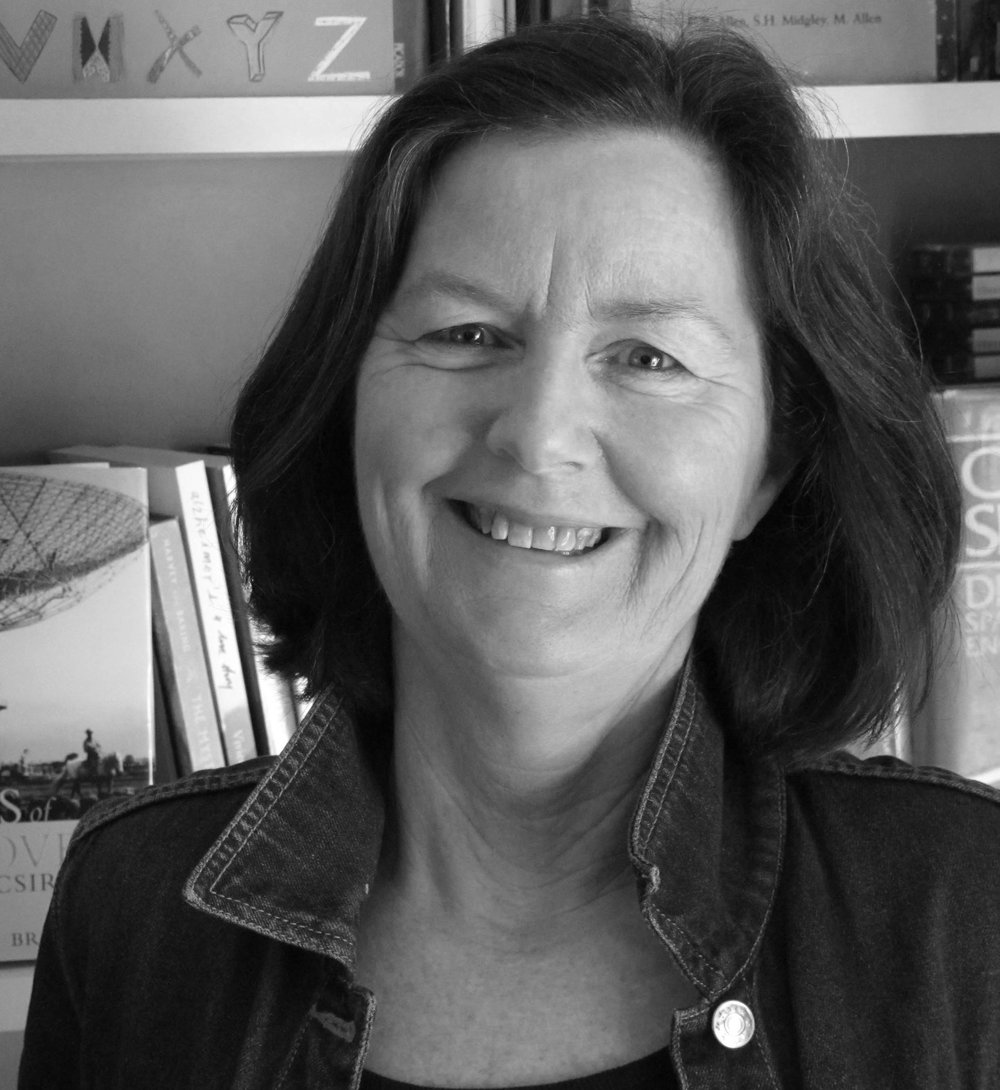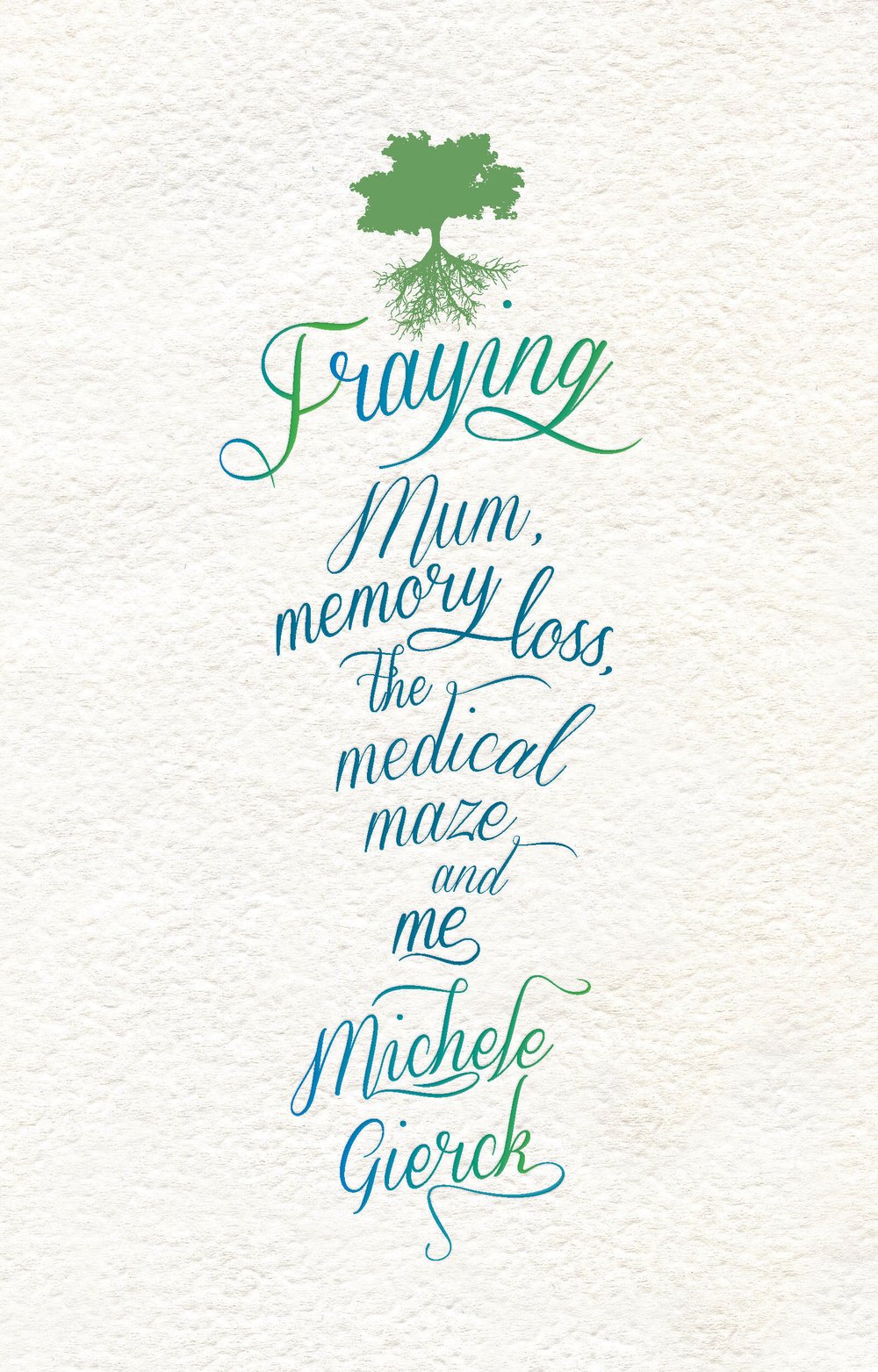Michele Gierck chronicles a mother's and a daughter's journey through memory loss and the medical maze.
***
‘Do you know why I’m here, Jean?’ asks the nurse, who, seated in my mother’s kitchen, begins an aged care assessment.
‘To check my memory,’ is the instant reply.
It’s a natural conclusion. Mum’s memory, which seems to be fraying at the edges like a poorly sewn seam, has been the subject of conversations with her GP and her two children over the last few weeks.
‘No, to see what assistance you may need.’
‘Oh.’
A few minutes pass. The assessor’s laptop is now set up on the kitchen table.
‘I’m going to ask you quite a few questions so I can get to know you,’ says the nurse, who has pages full of blank squares and boxes to complete.
An unaccommodating spirit of bureaucracy begins to permeate my mother’s sun-filled kitchen.
‘Do you think you have a problem with your memory?’
Peering through her glasses like a professor giving a considered opinion on a controversial issue, Mum begins, ‘No. I don’t think so.’ Then, in a defensive tone, as a kind of verbal postscript, she adds, ‘Others might disagree, Michele might like to say something, but I think my memory is pretty good.’
Seated across the room in a self-imposed exile – I’m under strict orders to stay as far away from Mum as possible with my treacherous flu – I interpret the two faces now staring in my direction as a cue to contribute.
The dialogue between the nurse and my mother has reached an impasse. That is the problem with closed questions: there is a 50 per cent chance of getting the answer you want (in this case, yes) and the equivalent possibility of getting the answer you don’t want: no. And the latter was not the answer the nurse was hoping for.
As any sailor knows, when the boat’s not going anywhere, it may well be time to implement a new tack. My tack in the current stand-off focuses on lexicon – which words to use and, more importantly, which words to avoid. You don’t need to have done first year psychology to realise that any register in which the words ‘problem’ and ‘memory’ are partnered, prioritised and personalised can, for many people, not just my 88-year-old mother, be threatening. Mum’s memory is under scrutiny and she is in no doubt about the threat to her independent lifestyle that even the most benign of medical assessments might pose. Accordingly, her blood pressure rises.
‘Mum, remember how you went to work on the school crossing on the Sunday instead of the Monday at the start of term?’ A question bordering on the rhetorical.
‘Yes.’
‘And how, on my fiftieth birthday, in May, I had to write down the two dinner dates on your calendar, and you were a bit unsure about them. You had to ask me several times about when they were?’
‘Yes.’
‘Well, that confusion you feel at times, that’s what the nurse means.’
‘Oh.’
The interview proceeds. The nurse notes as much as possible, including the fact that Jean is totally deaf in her right ear. I don’t know if there is a column in the official documentation called ‘fabrication’, but if there were one, it would have a few ticks in it already. Mum is not one to let the truth inhibit a good tale.
‘Yes, I always turn the light on at night when I get up to go to the toilet … No, I don’t drink much at night … No, I don’t fall asleep in my chair at night. I always go to bed around 9.30 pm.’
Had the adverb ‘always’ been replaced by the verb ‘try to’ the account may have intersected with reality. Fabrication, I fear, soon becomes fact on the aged care record of Mrs Jean Gierck.
Mum is then informed that she will be given a mini memory test. In one part of the test, the nurse will say three words – ‘car’, ‘ball’, ‘man’ or monosyllabic words in that vein – that my mother must repeat immediately, then repeat minutes later.
Mum, however, cannot repeat the words after first hearing them. She tries, but cannot reproduce the sounds. (Although not an issue for me, there seems to be an aspect of the assessor’s diction my mother is struggling with.) And how can she reproduce a sound when she’s not sure what she heard? The frustrated tone of the nurse – ‘You’re not listening to me’ – does little to alleviate the situation.
Stress, I know, will only make any hearing difficulty Mum experiences escalate. ‘Ball’ is now becoming ‘mall’ or ‘call’ as my mother, who has to turn her head, looking away from the speaker, so that what is said is received in her good ear, has now lost all visual cues essential to effective communication.
Under these difficult circumstances, by my own reckoning, if she gets two out of three correct, Mum should be awarded top marks.
When the test is concluded and the scores added, the nurse explains that my mother has scored twenty-two out of thirty.
‘That’s pretty good,’ Mum chirps with a sense of pride.
‘Well, no, it’s not … It indicates you have problems with your memory.’
The nurse has embarked upon a direct approach.
Yet it is plainly clear to my mother that twenty-two out of thirty is a good result; it is way past a pass in anyone’s language. So she lets her assessor know.
My mother is a woman who likes numbers. She has long understood what you can do with them; not simply adding, subtracting, multiplication and percentages, but the images they conjure. As a child I often saw her sitting at the kitchen table, the northern sun warming her back, trying to make thin numbers (like my father’s wage) cover immense areas like the home loan, the utilities bills and even holidays. She had a yearly budget, neatly planned and committed to paper, from which she dared not deviate. Her Sunday morning banking at the local church co-operative kept her securely within the bounds of her fiscal restrictions. Mum made manipulating numbers an art. Numbers were a testimony to her inventiveness and resourcefulness. If she hadn’t been so skilled in balancing family finances we might never have owned our own family home.
As the assessment draws to a close, not quickly enough for the interviewee, we go outside and walk around her car. The nurse is attempting to suggest my mother needs a driving test. But there is little point. After observing the low-intensity conflict between the interviewer and the interviewee over the rating attributed to twenty-two out of thirty, my mother and I are privy to vital information the nurse seems unaware of. The stoic, iron-willed eighty-eight year old is no longer interested in anything her assessor has to say. Soon after arriving at my mother’s home the nurse was advised that Mum was deaf in one ear. But that deafness, over the course of the last ninety minutes, seems to have increased dramatically. Anything the aged care assessment nurse says is now falling on two deaf ears. My mother has made sure of that.
***
This is an excerpt from Fraying, out now from NewSouth.

